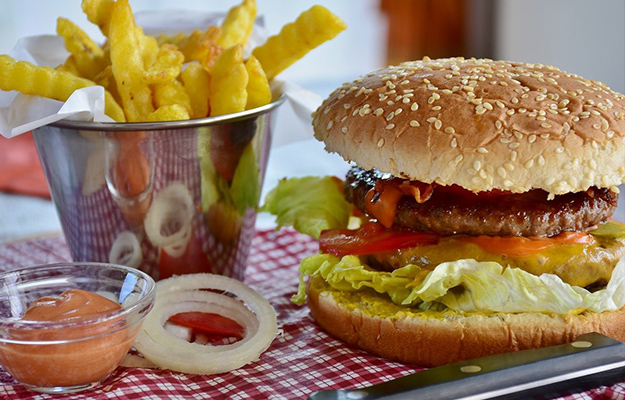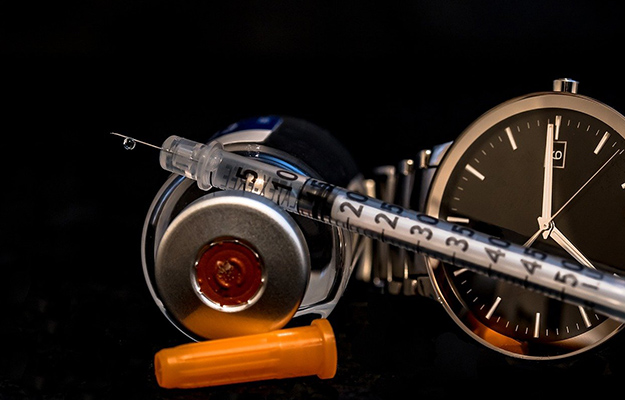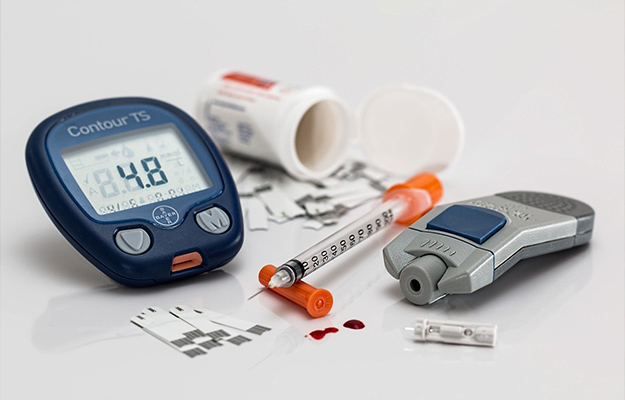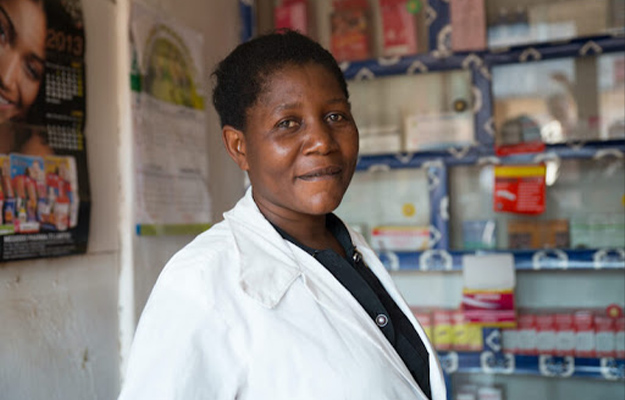The Quixulin Challenge is a  free online tool that anyone can use
free online tool that anyone can use
An online app helps you lower your weight set point effortlessly by focusing on small improvements to five positive daily activities: nutrition, exercise, friends, artistic expression, and a reduction in stress levels.
Take the Quixulin ChallengeStatistics
1921
Year of Insulin discovery
Canadian scientist Frederick Banting discovered insulin at the University of Toronto in 1921.
400,000,000
People around the globe
Type 2 diabetes is a rising pandemic that impacts some 400 million people around the globe.
40,000,000
Insulin dependents
It is predicated that by 2030, 40 million insulin-dependent Type 2 diabetics globally will lack access to insulin.
Client Reviews
I lost 20 pounds in one year by following the Quixulin philosophy and the weight stayed for the next 12 months. I weighed myself every morning and recorded my weight. I still score my five Quixulin Better Health indicators each week. I discovered that that small and positive changes can make a big difference over time.
kginfinity107
I've lost 25 pounds in 6 months through Quixulin. I no longer obssess over calories and I don't beat myself up over bad weeks. Weighing in every day allows me to keep my focus and understand my body better. I've struggled with some of the five focuses. As a busy mom, finding time for creativity and friends can be challenging, but I understand the importance of the wholistic approach and continue to strive for balance.
cwhiker
Exercitation ullamco laboris nisi ut aliquip ex ea commodo consequat. Duis aute irure dolor in reprehenderit in voluptate velit esse cillum dolore eu fugiat nulla pariatur. Excepteur sint occaecat cupidatat non proident, sunt in culpa.
Dunican keithly
Networking Lead
About Quixulin
As Type 2 diabetes increases worldwide and shortages in the supply of insulin grow rapidly, new and innovative responses are needed.
Quixulin Better Health Society is a Canadian-based social enterprise dedicated to globally distributed weight loss solutions focused on the prevention of Type 2 diabetes.
Related organizations include Anhart Community Housing Society and the Global Villages Initiative. Click here to read more about Quixulin's global partners.
Quixulin is a unique name that combines the word "quixotic" with "insulin". The Quixulin team has found inspiration in the light-hearted, can-do attitude of the fictional Don Quixote who fearlessly battled against the odds of a great challenge.

The purpose of Quixulin is to provide an easily accessible online weight loss tool that anyone can use with links to Type 2 diabetes education and resources. The simple Quixulin method applies emergent theory to weight loss strategies and offers which combines regulating feedback loops (daily weight records) amplifying feedback loops (weekly self scoring of positive health indicators). The outcome is subconscious pattern recognition which can be described in emergent terms as pattern recognition. Thus, internal mind/body self organizing systems do the work for participants and lower body weight set points over time without conscious effort.
The QuixShare dialogue box allows users anywhere in the world to input personal experiences after taking the Quixulin Challenge. Team leaders can grow naturally from local users in any country from the bottom up and new Quixulin hubs can form in a small world network manner.
Learn
- 01
Type 2
diabetes - 02
Growth
Of Diabetes - 03
History
Of Insulin - 04
Insulin
Shortage - 05
Solutions
to insulin shortage - 06
Emergency

Type 2 Diabetes
Diabetes mellitus, more commonly known simply as diabetes, is a chronic disease which occurs when the body cannot provide any or enough of the hormone insulin, or cannot use the hormone that it produces effectively, resulting in raised levels of blood glucose. Insulin is an essential hormone produced by the pancreas. It allows glucose from food to pass from the bloodstream into cells in the body where the glucose is converted to energy, effectively regulating the amount of glucose in blood. The inability to produce insulin or to use the insulin the body produces leads to high levels of blood glucose, or hyperglycaemia. This is the clinical indicator of diabetes. Unchecked long-term insulin deficit can cause damage to many organs, leading to complications such as cardiovascular diseases, nerve damage, kidney damage, and compromised vision, even blindness.
Growth of Diabetes
Diabetes is one of the fastest growing global health issues in the twenty-first century. It is estimated that approximately 463 million people suffer from diabetes currently. This number is expected to rise to 578 million by the year 2030, and 700 million by 2045. The prevalence of obesity has tripled in developing countries over the past two decades. The people of these countries have been adopting a Western lifestyle which involves less physical activity and more consumption of inexpensive, fattening food.


History of Insulin
Before the discovery of insulin in 1922, the prognosis for those diagnosed with diabetes was very poor. In 1889, two German scientists, Minkowski, and von Mering, discovered that removal of the pancreas from experimental animals led to the development of severe diabetes mellitus. It was also observed that diabetes correlated with damage to the islets of Langerhans, which are clusters of specialized cells in the pancreas. Researchers attempted to demonstrate that internal secretion in the pancreas controlled carbohydrate metabolism by administering pancreatic solution to diabetic humans and animals, hoping to supply diabetics with what their bodies could not produce. The results were inconclusive.
Insulin Shortage
Although insulin was discovered in 1921, the drug is still unattainable to many around the world and little has been done to address the issue of its attainability. Currently the life expectancy for a child with Type 1 diabetes in sub-Saharan Africa is as low as one year due to poor access to insulin. Yet, access to insulin is not only an issue for low-income and middle-income countries. The leading cause for diabetic ketoacidosis in an inner city setting in the United States is discontinuation of insulin usage due to its cost. Access to insulin is also an issue in Europe due to its burden on health budgets and financial crisis.


Solutions to Insulin Shortage
In resource-poor countries, access to insulin is compromised due to the inappropriate spending of limited funds. The general use of analogue insulin is not wise especially for resource-poor countries. Regular human or animal insulins would suffice in most cases. Bulk rendering which can take place with the cooperation of countries can be helpful as it increases bargaining power. Purchasing generic medicines is also beneficial, yet there are few generic insulins available. Differential pricing would effectively address the problem of affordability. Compulsory licensing and local production would mitigate both the issues of affordability and availability. Brazil and India have been able to participate in local production of insulin.

Emergency
Emergence is the phenomenon which describes how the properties of a system are greater than the sum of its parts. Emergent systems can involve networks as varied as cells in a human brain, ants in an ant colony, people in a city and stars in a galaxy. The formation of complex symmetrical patterns in snowflakes shown in the image is an example of emergence.
Emergence principles are recognized inherently by aboriginal people groups everywhere and in classical societies as early as the 3rd century BCE.
Challenge

Take the Quixulin Challenge for better health.
Join others around the world who have taken the Quixulin Challenge. You can share your experiences and create the opportunity to lead a Quixulin chapter in your area.
The Quixulin Challenge is a free online weight loss tool which will lower your body set point over time. The tool can also be used to increase or maintain desired weight. It only takes minutes to sign up.
The simple Quixulin method applies emergent theory to weight loss strategies and combines regulating feedback loops (daily weight records) with amplifying feedback loops (weekly self scoring of positive health indicators).
The outcome is gradual, subconscious changes in body weight set point which can be described in emergent terms as self organizing pattern recognition. Your natural self-organizing systems will do the work for you.
Register NowCreate Your Account
